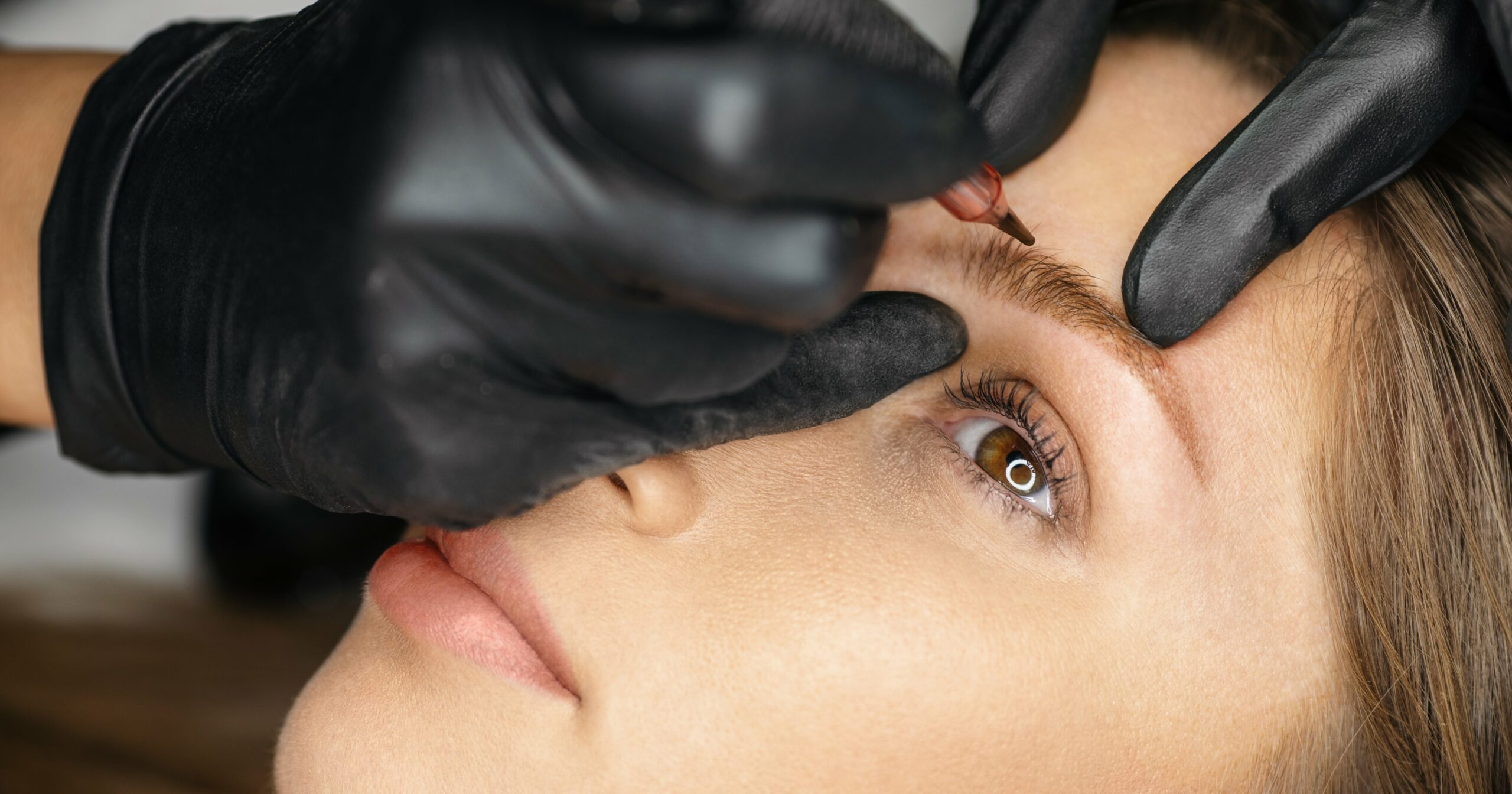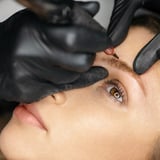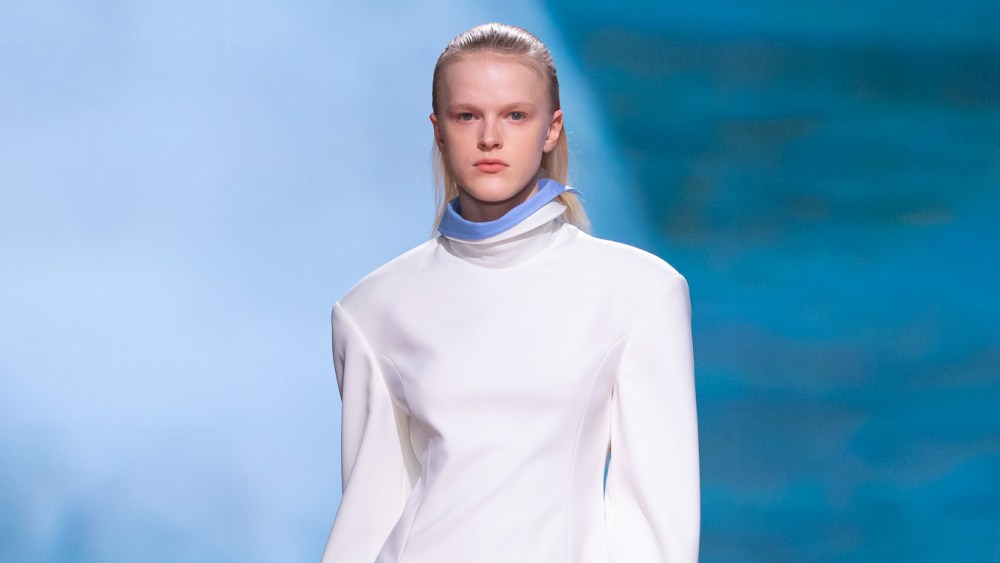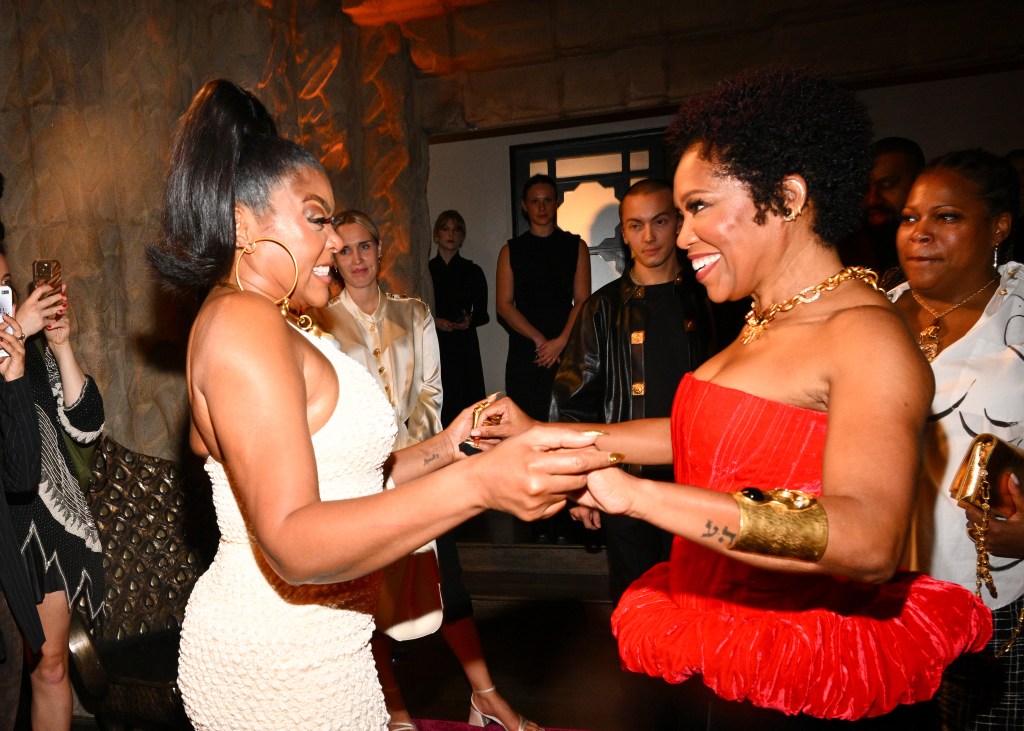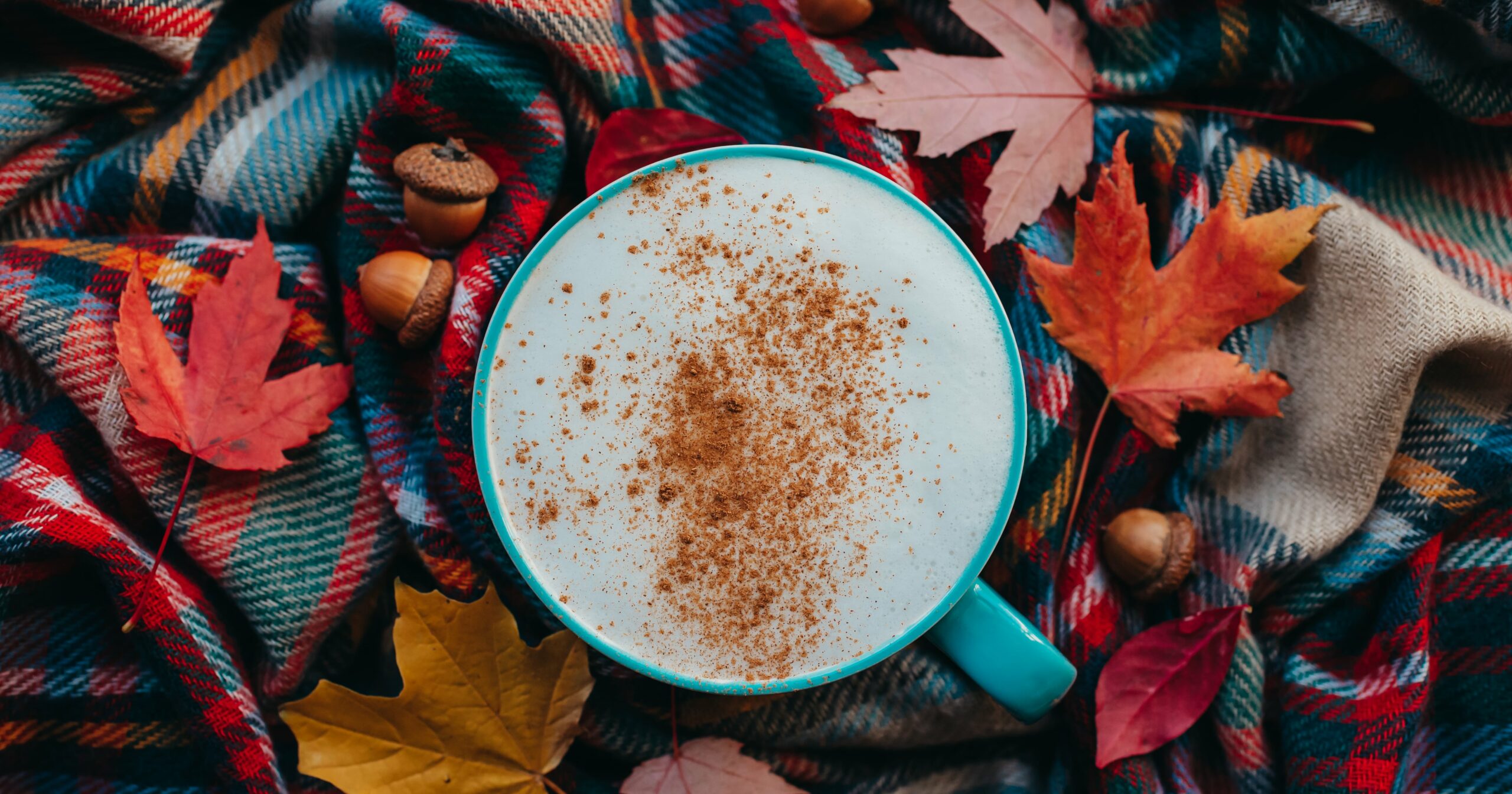Are you tired of manually drawing on your eyebrows every morning? Totally understandable, especially if you live a hectic lifestyle and are looking for something a bit more low-maintenance. One of the easiest ways to remedy this is to explore semipermanent brow makeup like powdered brows – a treatment for people who want a natural look or who fill in their brows on a daily basis.
While you may have previously heard of microblading, think of powder brows, also known as ombré brows, as a more natural option. The difference lies in the technique itself: powdered brows involve shading the brows with a micro-pigmentation machine, resembling the effect of wearing brow powder or pencil, whereas microblading involves using a manual blade to create fine, hair-like strokes that mimic natural eyebrow hairs.
We know what they say about things sounding too good to be true, which is why we reached out to two brow experts to answer all of our burning questions (and we have many!). Keep reading to learn more.
What Are Powder Brows?
No more worrying about going swimming on the first date. Powder eyebrows are a popular semipermanent makeup procedure that helps you achieve a soft powdery or ombré look with your eyebrows. “This shading technique is done by using a small machine that disperses fine dots of pigment evenly onto the skin,” Santiago Garay, founder of Brow Society NYC, tells POPSUGAR.
What’s It Like to Get Powder Brows?
Celebrity brow stylist Joey Healy explains that the powder brows process begins 48 hours before your appointment, during which you need to avoid caffeine, alcohol, Botox, fillers, spray tanning, and medications like Accutane. Once you arrive at your appointment, depending on your practitioner, you’ll be numbed with a topical cream like lidocaine, and then your technician will consult with you.
From there, your practitioner will perform brow mapping to ensure symmetry. They will often clean up your brows, and you will agree upon a certain shape. Next, they’ll use a handheld machine, similar to microblading, to create tiny dots of color. It’s more comfortable with the numbing cream, which most people use. The process involves multiple passes and may take a few sessions. Initially, the color may appear dark and sometimes look a little strange. The entire process typically takes about two hours. Once done, an ointment will be applied. “You’re not to touch them, you’re not to sweat, and you’re not to get them wet for at least 24 hours,” Healey says.
How Long Do Powder Brows Last?
According to Garay, powder brows typically last two to three years, depending on your skin type. However, it’s important to note that they do fade anywhere from 30-50 percent after the initial application, so for optimal results, returning for a touch-up session one to three months after the initial procedure is important.
Powder Brows vs. Microblading
While they are both forms of permanent makeup, the techniques yield different results. “Microblading gives individual hair strokes that resemble eyebrow hairs, while powder eyebrows result in a soft and powdery makeup look,” Garay says. Powdered brows are somewhat similar to microblading in that both involve pigment deposited into the skin. However, powdered brows use a dot-like method. The darkness of the brow depends on the distance and concentration of the dots.
Microblading goes deeper into the skin and is recommended for normal skin types. If you have oily skin, Healey recommends powder brows because they are more superficial, not to mention they last longer.
Powder Brow Aftercare
The healing process is probably the least pleasant part of the entire process, as you’ll want to make sure you’re taking extra good care of your brows. For the first week following the treatment, it is very important that you follow the aftercare instructions given to ensure the best results.
Upon application, the brows will appear much darker for the first week as the color is fresh, Garay explains – similar to a freshly inked tattoo. However, the color softens up to 30 percent as it heals. “You will notice light scabbing after a few days. Keep in mind that this is part of the healing process, and you should avoid picking the scabs as this could damage the results of the powdered area,” Garay says.
It’s also crucial to keep your brows very dry. Healey warns against applying any brow makeup or s oap on the area and advises against sweating. If they become dry and itchy, you can use an ointment like Vaseline, Aquaphor, or whatever product is recommended by your specialist. Sun exposure is also something you want to avoid, but if you venture outside, remember to use SPF and wear a hat.
